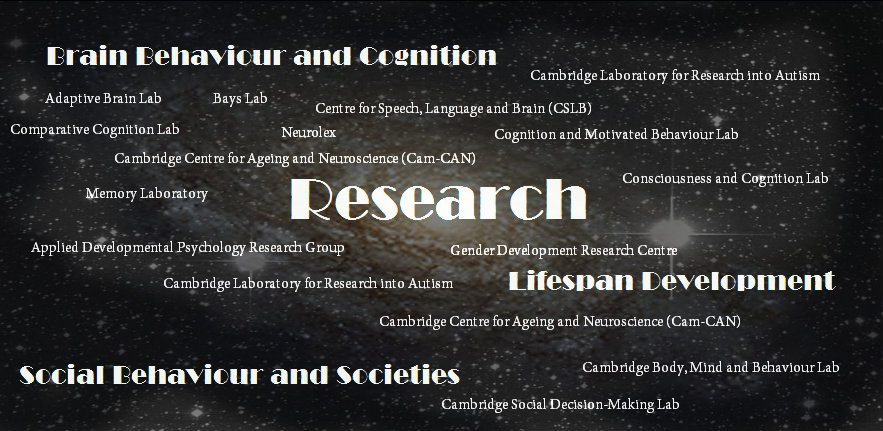Cambridge ESRC DTP Interdisciplinary Studentship 2021:
Pathways from Parental Exposure to Violence to Problems in Early Child Development: A Focus on Low and Middle-income Countries
Application Deadline: 7 January 2021
The University of Cambridge ESRC Doctoral Training Partnership [DTP] is pleased to offer an interdisciplinary studentship available for admission in October 2021.
The interdisciplinary studentship is open as either a one-year Masters followed by three-year Doctoral programme or a three-year Doctoral programme (for candidates who already have a relevant Masters). It will be co-supervised by Prof Claire Hughes (Centre for Family Research, Department of Psychology) and Prof Manuel Eisner (Violence Research Centre, Institute of Criminology)
DTP students will acquire a unique set of skills that will equip them for high-profile careers as leading social scientists, in academia or in other government, industrial, commercial and third sector organisations, either in the UK or elsewhere.
Project description
The planned PhD project should include innovative research questions on how parental exposure to community and intimate-partner violence, including violence during pregnancy is related to child outcomes in the first 3-4 years of life. Examples of relevant outcomes include child anxiety, anger, self-regulation, fairness preferences and cooperation. Empirically, the PhD project will focus on one or more low- and middle-income countries.
In consultation with the co-supervisors there may be opportunities to link the PhD project broadly to the Evidence for Better Lives Study, see https://www.vrc.crim.cam.ac.uk/vrcresearch/EBLS
Your draft research proposal should not exceed 2,000 words in length (excluding the bibliography) and should be divided into the following sections: It should include…
- A literature review that shows the respects in which your proposed work builds on and will augment, clarify, or qualify existing knowledge. This literature review should explain the rationale for integrating criminological and psychological perspectives.
- A clear statement of research questions and hypotheses.
- A feasible research design including a description of the planned target sample/data sources and how you will obtain access to them; a justification of the fieldwork and data collection approach (e.g. questionnaire, observational data, experimental data, etc); and initial considerations of data analysis (e.g., what approaches you will use to address each question).
- A description of support and resources you might be able to rely on in the site of your planned study.
- A timeline of research
- An outline of possible implications for policy and practice.
Cambridge ESRC DTP studentships are open to all students who meet the required academic conditions.
An ESRC DTP studentship will cover Home rate fees and provide £15,285 p.a. in living costs (current rates). Note that they do not cover higher fees charged to overseas students. Non-Home students will have to find separate funding to meet the difference between the Home and International fee rate. DTP students also receive a personal allowance for additional training costs, and can apply for further funding to pursue fieldwork, academic exchange, and collaboration with non-academic partner organisations.
What to do next
You can find out more about the Cambridge ESRC DTP at: https://www.esrcdtp.group.cam.ac.uk/about/onofferand read about some of the opportunities that will be available to you.
You can find out more about the Department of Department of Psychology at www.psychol.cam.ac.uk and the Institute of Criminology at www.crim.cam.ac.uk. Please address any questions about this studentship to Manuel Eisner at mpe23@cam.ac.uk .
Applications for this studentship should be made to the Institute of Criminology. The lead department for the PhD may be either Criminology or Psychology. Overseas applicants are advised to consult https://www.postgraduate.study.cam.ac.uk/finance/fees for fees beyond the Home Student fees covered by the studentship.
The closing date for applications will be 7 January 2021. Shortlisted applicants will be invited for interviews in the week commencing 18 January.

